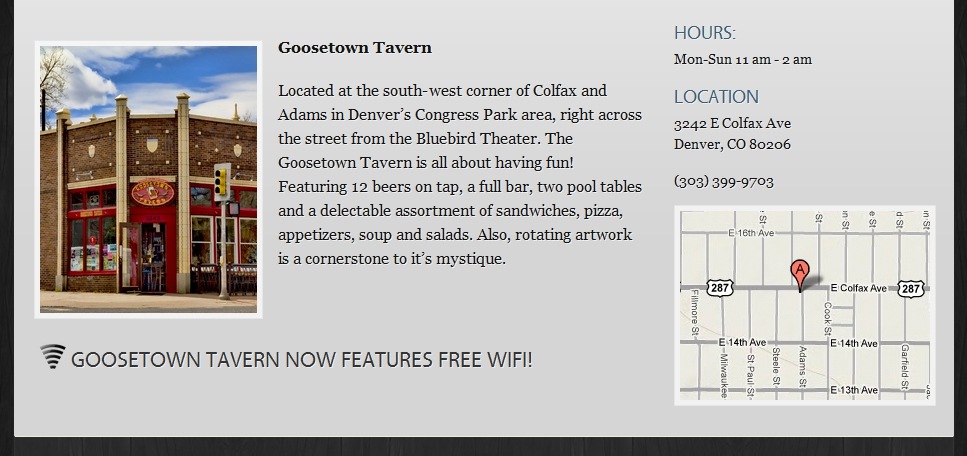
A restaurant blog is beneficial for several reasons. One, a blog WILL bring you more search engine traffic with time. Two, a restaurant blog gives customers a reason to return to your website frequently. Three, support all of your locations and employees with tailored blog posts. Four, promote what’s new, special, and important. Five, differentiate your restaurant. Few bars and restaurants update their blog regularly or blog at all, so this is a real opportunity to stand out. Read More »

Food marketing trends reflect wider-spread marketing trends and flavor trends. Regardless of where you fall in the culinary world (restaurant owner, manufacturer, chefs, consultant, marketer, retailer, etc.), plan to see more and more of these seven marketing activities in 2017. Read More »

You already know that marketers insist a food business clobber social media. These 10 social media stats prove it.
Read More »

Once upon a time in the not too distant past, people researched restaurants by leafing through a 10 pound book called the Yellow Pages. They got recommendations from a friend over a cup of coffee. Phones were attached to walls, computers were used for processing words, and spinach dip was all the rage. It’s true. Go to the library and look it up. Fast forward a few years to the age of the internet. The best way for customers to learn about a new restaurant in the area was to Google it. Restaurant websites and online directories held all of the answers to “where should we eat tonight?” Then came social media marketing and the game changed.
Read More »

This week’s example of a business website with sharp content belongs to Goosetown Tavern here in Denver. There are three main reasons why I wanted to use this website as a restaurant website example.
1. The people behind the website tell the story of Goosetown Tavern. There really were geese that inspired the name of this joint. Website content writing is story telling.
2. Goosetown Tavern wants to be known for its spectacular happy hour, and so they make their happy hour the focal point of the site. Having a niche makes it easier to market your business and set yourself apart from the rest.
3. The website has a clean design with easy-to-read copy. Crisp!

Read More »





